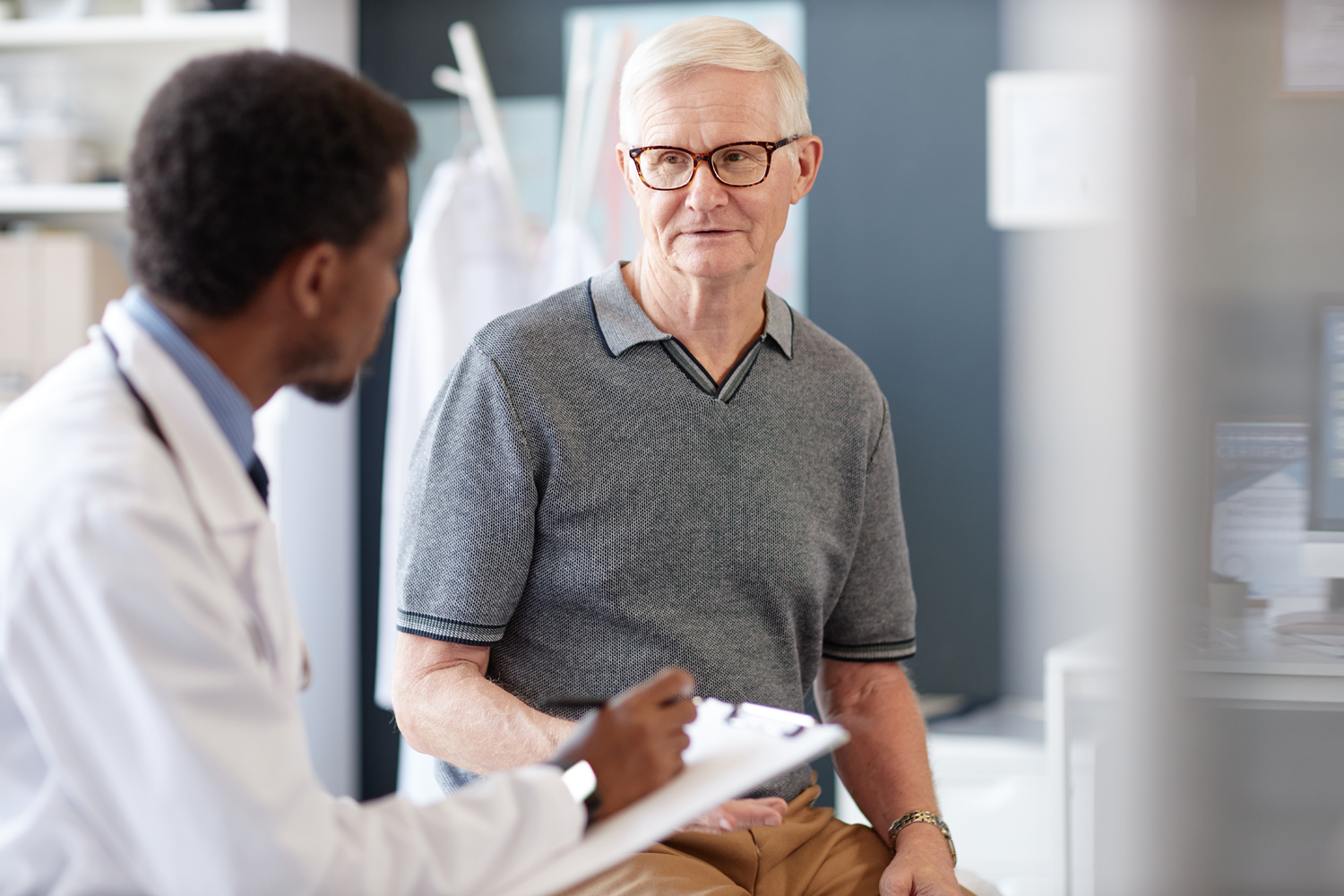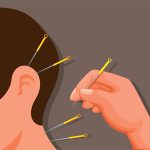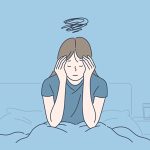-
Spouses of Cancer Patients Have Greater Risk of Psychiatric Disorders
Mental health support in the wake of a cancer diagnosis often doesn’t extend to spouses.
by Karon Warren
-
An Evidence-Based Guide to Integrative Medicine
ASCO and the Society for Integrative Oncology issue recommendations for integrative medicine approaches that have been supported with research.
by Teresa Bergen
-
Your Cancer Guide
Finding Light in Winter’s DarknessColder temperatures, gray skies and shorter days can dampen the spirits, which can heighten sadness associated with cancer treatment.
by Hester Hill Schnipper
-
Caregiving With Confidence
Creating Calm in ChaosA prepacked bag of essential and not-so-essential items can provide structure and comfort to people with cancer during treatment.
by K.J. Bannan
-
An Ongoing Discussion
Physicians are often hesitant to bring up end-of-life care discussions with their patients. People being treated for cancer may need to frame questions to determine their own goals of care.
by Cameron Walker
-
Healthy Habits
Vital VeggiesAllium vegetables, such as garlic and onions, contain a compound that may lower the risk for several cancers.
by Erin O'Donnell
-
Healthy Habits
Protect the ‘Gateway to the Body’Good dental hygiene defends against myriad cancers.
by Tyler Santora
-
Sound Advice
What are healthy ways to deal with cancer-related anxiety?Tools and techniques for people to cope with fears about cancer returning.
-
Sound Advice
How can I prevent hair loss from chemotherapy?An expert shares options for cancer patients who want to prevent hair loss during treatment.
Cancer Talk
At-home Prostate Cancer Test May Help Some Men Avoid Biopsy
The test, which analyzes urine for 18 cancer-specific genes, ruled out the need for biopsy in men with elevated PSA without a digital rectal exam.
by Sandra Gordon
The Power of ComedyIn a new play, the pain of cancer can be a chance to laugh.
by Ashley P. Taylor
Melanoma Risk in Childhood Cancer SurvivorsPeople treated for childhood cancer found to have twice the risk of developing melanoma as an adult.
by Cameron Walker
Online Second OpinionsMore than half of patients who participated in a program offering online second opinions were recommended a change to their treatment plan.
by Eric Fitzsimmons















